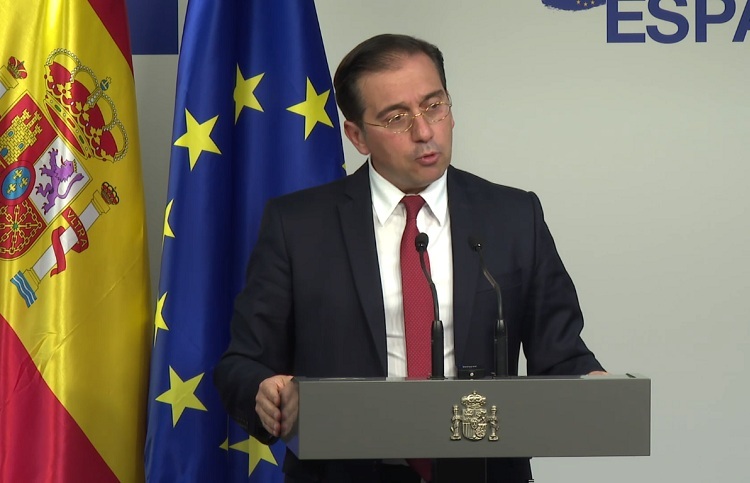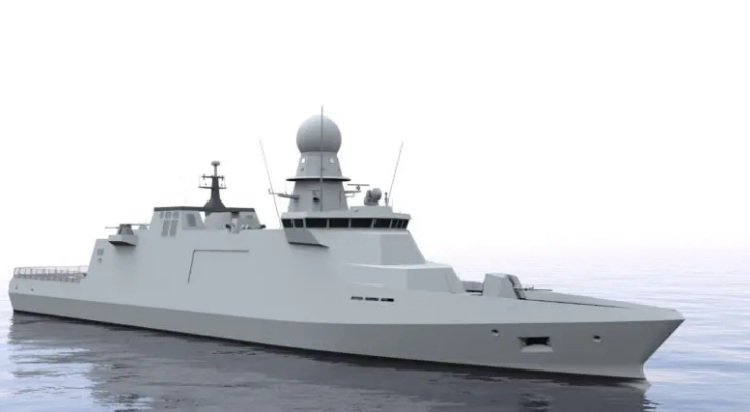The Diplomat
The Foreign Affairs Council of the European Union was briefed yesterday on the main findings of the EU Election Observation Mission (EOM) in the Venezuelan regional and municipal elections of last November 21.
The head of the electoral mission, the Portuguese Socialist MEP Isabel Santos, “gave us a very detailed presentation both of how the elections were technically carried out” and of “the first conclusions” of the report, explained the Minister of Foreign Affairs, José Manuel Albares, at the press conference following the Council, in which he also assured that the subject of Venezuela was included in the agenda “at Spain’s request”.
At the end of the session, as reported by the Council itself, “the ministers agreed that the EU will continue to promote democratic transition in Venezuela”. “The ultimate goal remains a solution to the crisis led by Venezuela leading to credible, inclusive and transparent elections at all levels”, he added.
In this regard, Albares assured that in the debate “we have all been very satisfied both in the decision to send that electoral observation mission and the excellent work it has done”, although “we still have to wait until January to have the conclusions and the fully definitive report”. “We have also agreed on the importance of the EU continuing to work to support the improvement of electoral conditions in Venezuela with a view to future elections and to build on the work of the electoral observation mission, when the report is final, to continue taking decisions regarding Venezuela,” he continued.
“It is clear that the EU must continue to be, as I have pointed out, an actor of reference in the humanitarian field in Venezuela, as it must also contribute, as we are all doing, to support the resumption of negotiations and dialogue between the different parties,” he added. In this sense, he assured, “there has been an agreement to try to do everything possible, individually as Member States, as the EU and also in collaboration with other countries that can help in this regard, so that the dialogue is resumed, because in the end there can only be a Venezuelan solution among Venezuelans, for Venezuela and in the format that they decide, and that is something on which everyone has agreed”.
The report of the 130-member EU Election Observation Mission (EU-EOM) to Venezuela, led by Isabel Santos, revealed some “improvements” with respect to previous elections but also denounced “important structural deficiencies”, such as “arbitrary disqualifications of candidates”, the lack of judicial independence, the “non-adherence to the rule of law”, the “extensive” use of State resources during the electoral campaign and the unequal access to the media. José Manuel Albares reiterated these same criticisms personally to his Venezuelan counterpart, Félix Plasencia, during their meeting on November 26 in Santo Domingo.







